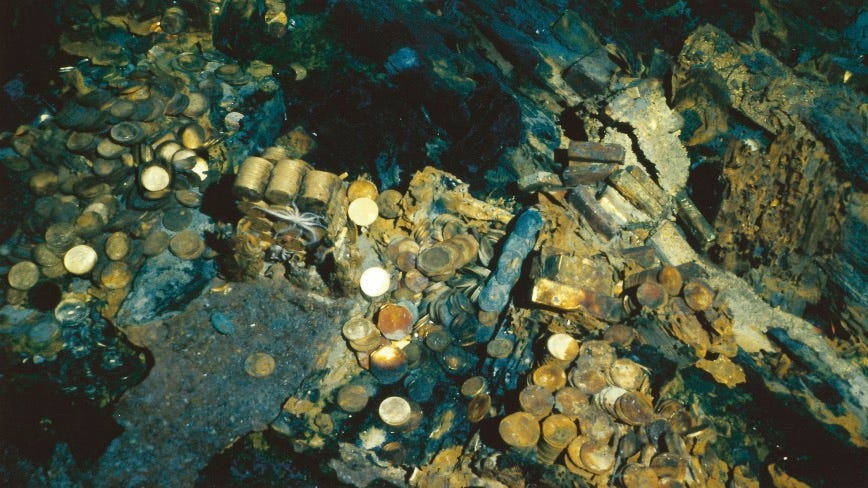Zeus: Water stocks the next gold
Rising water stress is pressuring utilities and putting new focus on a natural resource. Investors are starting to notice.

(David Callaway is founder and Editor-in-Chief of Callaway Climate Insights. He is the former president of the World Editors Forum, Editor-in-Chief of USA Today and MarketWatch, and CEO of TheStreet Inc.)
SAN FRANCISCO (Callaway Climate Insights) — Gold bugs are reaping the rewards of the pandemic this summer, with the yellow metal touching $2,000 an ounce this week after years on the asset bench. The run hasn’t escaped water investors.
Rising water stress in the U.S. Southwest and around the world, combined with a dramatic decline in industrial water usage during the pandemic and aging infrastructures, have pushed water stocks higher since the lockdowns began. Climate change will keep the pressure on.
The Invesco Water Resources ETF (PHO) is up more than 20% since mid-March, as is the First Trust Water ETF (FIW). American Water Works (AWK) shares are up more than 10%, as are shares of Essential Utilities Inc. (WTGR). Shares of Evoqua Water Technologies are up more than 30%.
Chalk part of it up to the general market, of course. But one of the ways climate change manifests itself in our faces is through water prices, and more importantly, water scarcity. A new study this week by the BlackRock Institute, part of a series on its expected shift of massive assets into sustainable investments in coming years, points out the real risk of water scarcity in the Middle East, Africa, India, large parts of Asia, and of course the U.S. In the Southwest specifically, it sees major risk within a decade — which is a period most of us expect to be around to see.
Why is this column called Zeus? David Callaway explains here.
Instead of the water equities opportunity, the BlackRock study highlights the risk to other asset classes. In particular real estate investment trusts (REITs), which it argues are not adequately pricing what will soon happen.
Other water-intensive industries, such as agriculture, food and beverage, and electric power, are also at risk, the study said.
A column in Politico this week called The New Water Wars brings the issue down to the individual level, noting that water prices have increased by more than 50% since 2010 and will continue to rise.
The pandemic is pressuring water companies, which have seen revenue dramatically decline because of less usage by corporate customers and government mandates to continue serving households who can’t pay. This will delay badly needed infrastructure projects, causing more scarcity down the line.
Institutional investors not looking at the water play are advised to read the stories about Water Asset Management, a hedge fund making a name for itself buying water properties in the Southwest. Rationing and fears of shutdowns have already hit places such as Cape Town, South Africa, San Paolo, Brazil, and Chennai, India. Can Arizona, Nevada and California — all beneficiaries of the Colorado River — be far behind?
We often flinch in the grocery store when we see high-priced water bottles on the shelves. “How can they charge so much? It’s just water,” we moan. That isn’t going away. The water commodity play is well underway, and investors would do well to stop treating it as a bottomless resource and start thinking about it as the valuable asset class it is destined to be.

